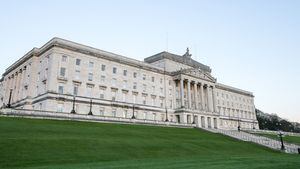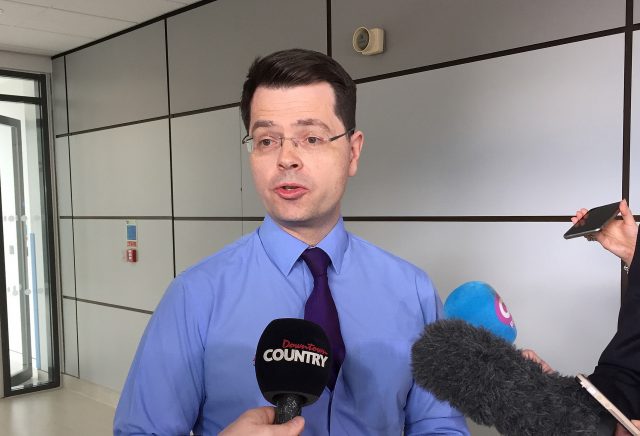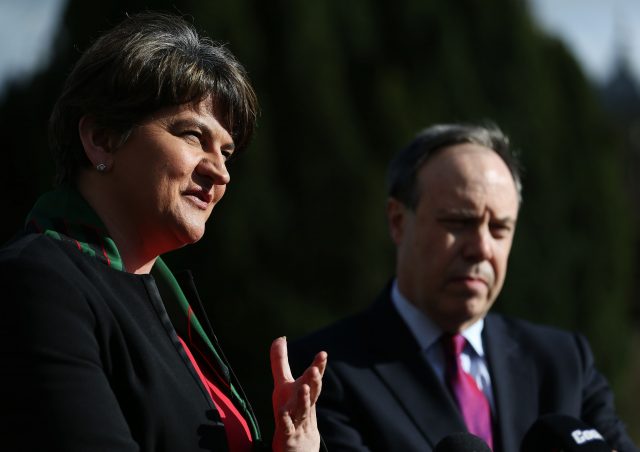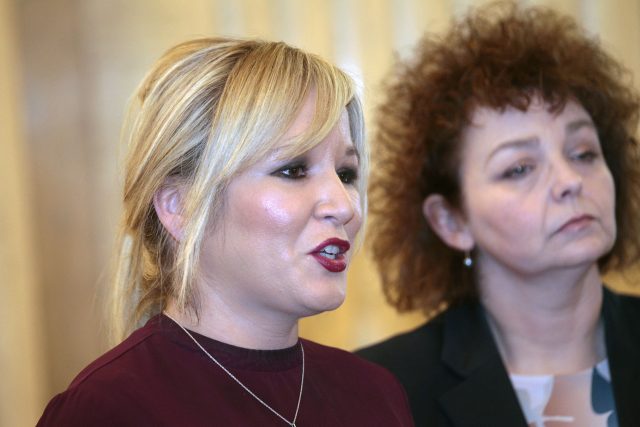Formal Northern Ireland powersharing talks paused until after election
June 29 is the latest deadline set for formation of a ministerial Executive at Stormont.

Formal talks to restore Northern Ireland powersharing have been paused until after the General Election.
Progress has been made on developing a programme for devolved government and addressing the legacy of thousands of conflict killings and injuries, Northern Ireland Secretary James Brokenshire said.
June 29 is the latest deadline set by the British Government for formation of a ministerial Executive at Stormont.

Mr Brokenshire’s office said: “At round-table discussions today involving the UK Government, the parties capable of forming an Executive and the Irish Government, it was agreed that formal talks to establish an Executive will be paused until after the General Election.”
He said a number of outstanding issues remained to be resolved following seven weeks of discussions after March’s Assembly elections.
Mr Brokenshire added: “All the parties involved recognise it is vital devolved government, and all of the institutions established under the Belfast Agreement and its successors, resumes in Northern Ireland as soon as possible.
“Although formal round-table talks are paused until after the General Election, a range of bilateral discussions will continue, with a view to building on progress.”

Public services are being run by civil servants on a proportion of their true budget because there are no ministers to make decisions.
Teachers have warned of catastrophic job losses and the health service is also threatened.
Alliance Party leader Naomi Long warned that the consequences of the negotiations break could be grave.
She said: “We have been able to park the process but we cannot stop the juggernaut of chaos and cuts which is heading through our public finances, our health and education services, our infrastructure investments and the instability of all of that which is impacting on the wider economy.”
Mr Brokenshire had been expected to step in and pass a budget at Westminster if the Stormont deadlock cannot be broken.
Stormont’s two largest parties, and former powersharing partners, the DUP and Sinn Fein, have spent weeks blaming each other for the failure to restore the institutions.
Long-running rows over a proposed Irish language Act and deep divisions over how to deal with the legacy of the Troubles are holding up a deal.

Sinn Fein’s Stormont leader Michelle O’Neill said the calling of the election had scuppered any chance of agreement on the way forward. She said the pause was a realistic decision.
“It has been very clear over the last seven or eight weeks that the DUP and the British Government have not moved far enough to address the issues.”
She said Arlene Foster’s engagement with the Irish language community was a step in the right direction and hopefully paved the way for developing their approach to the Irish language.”





